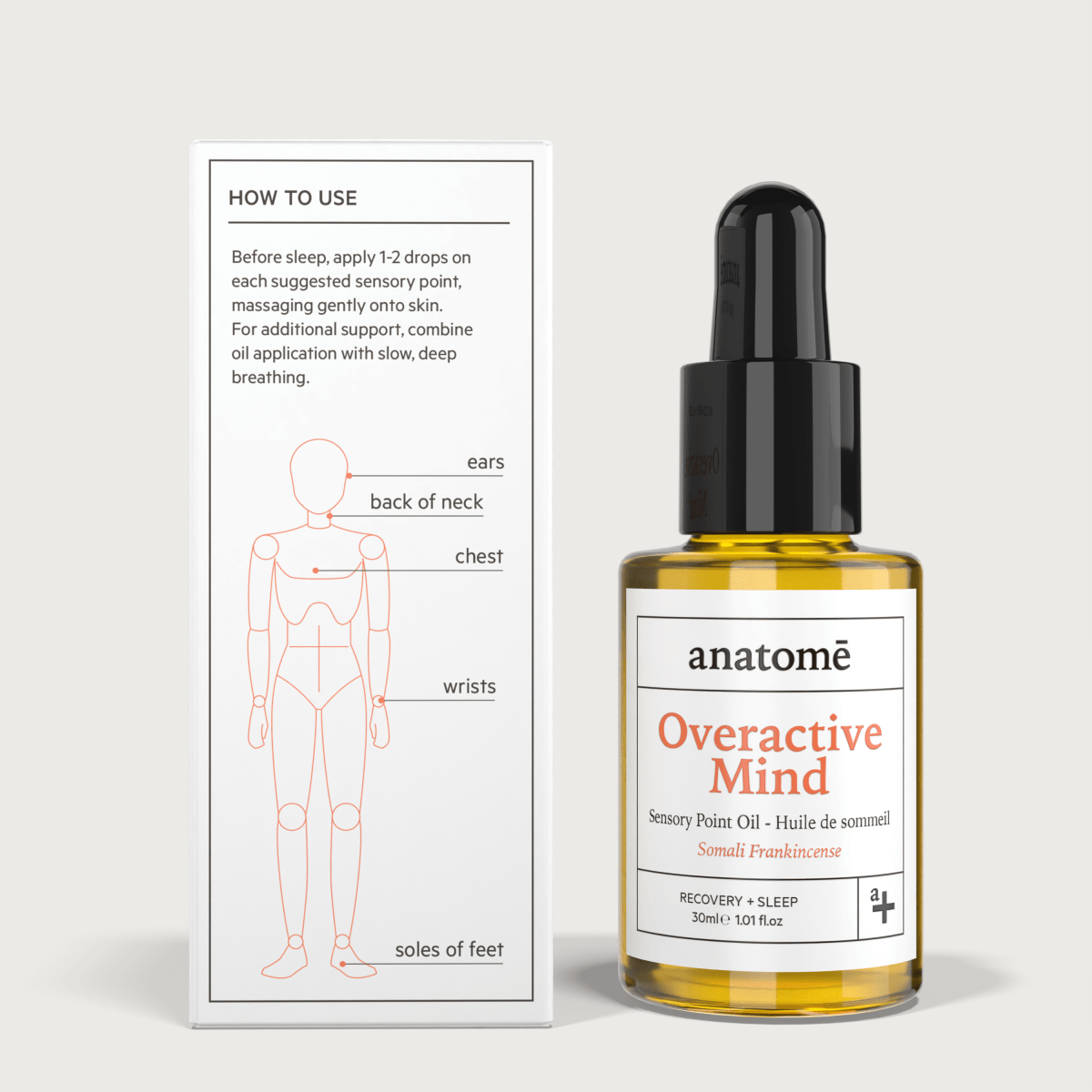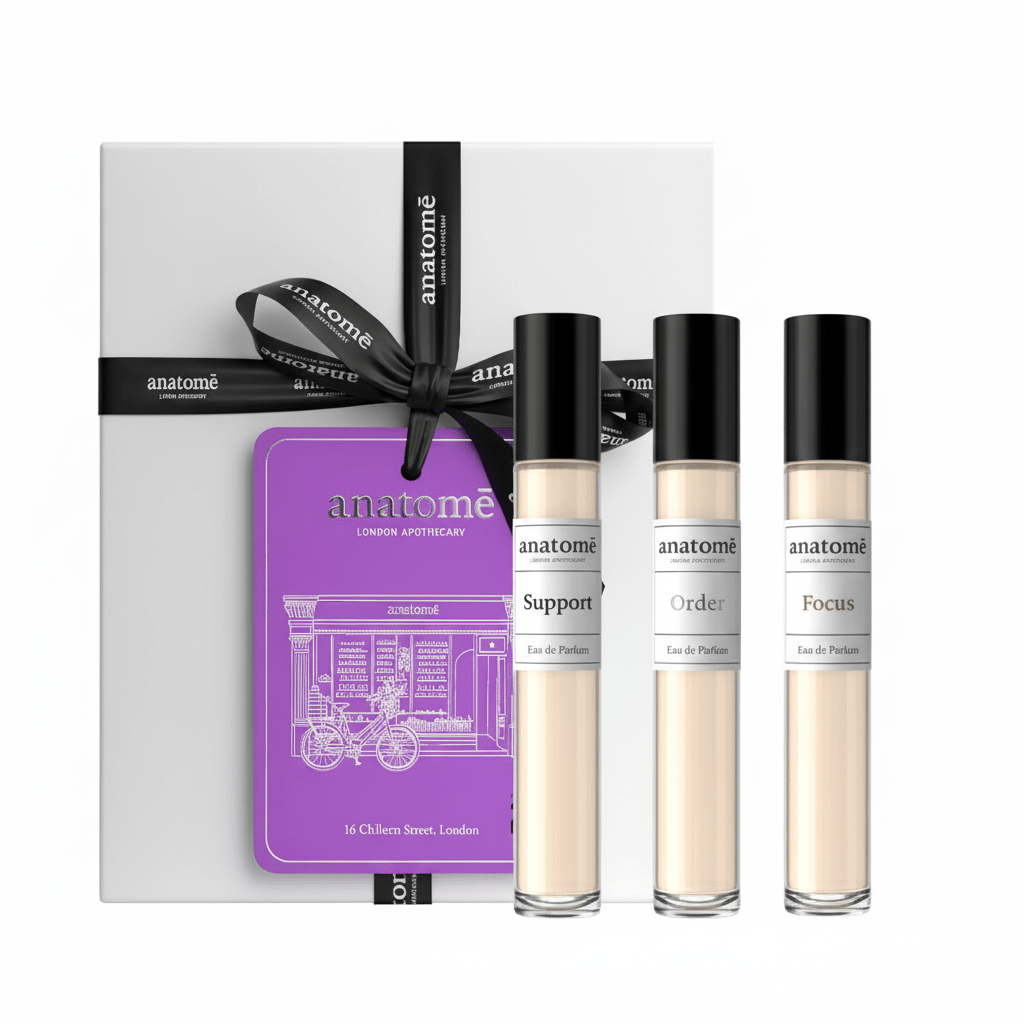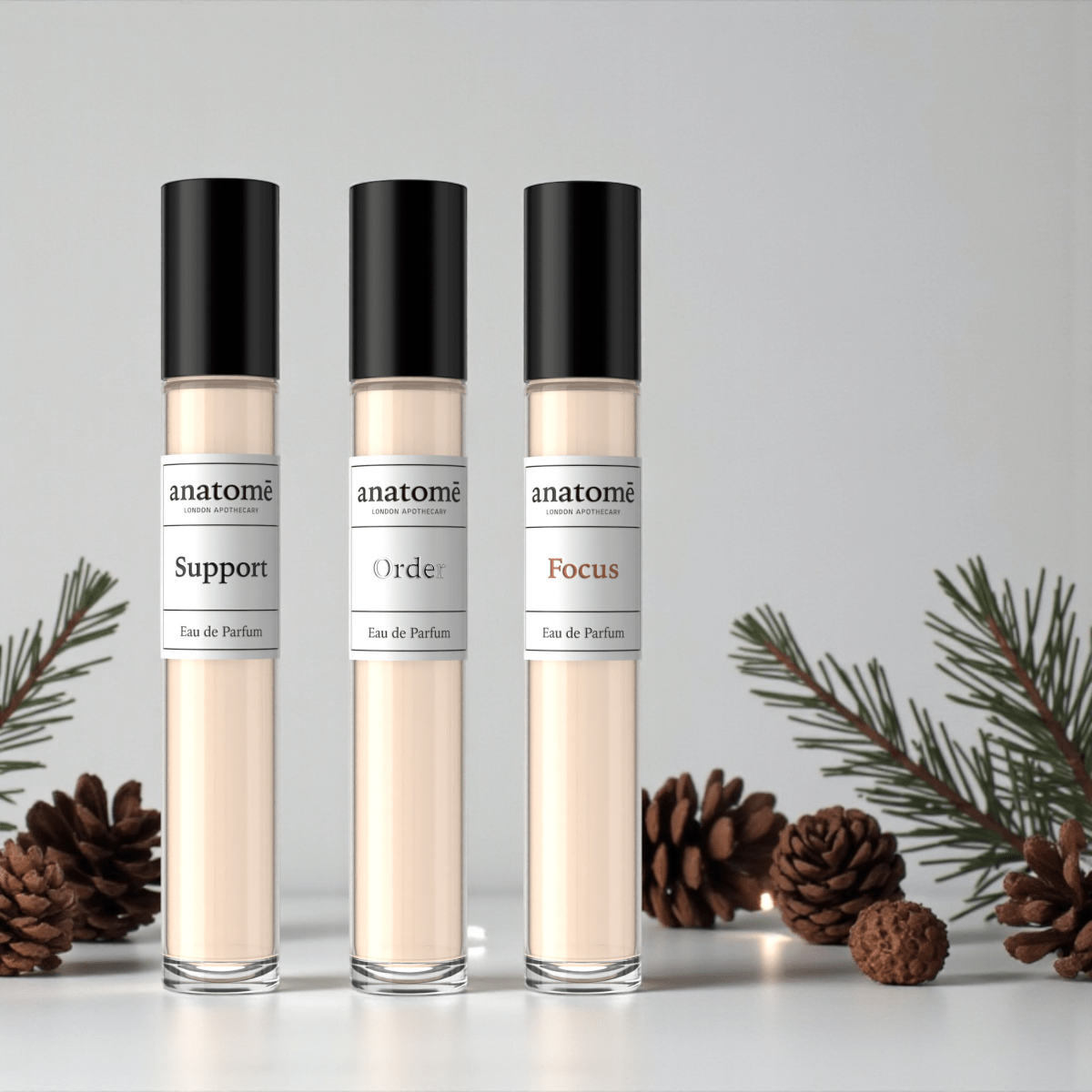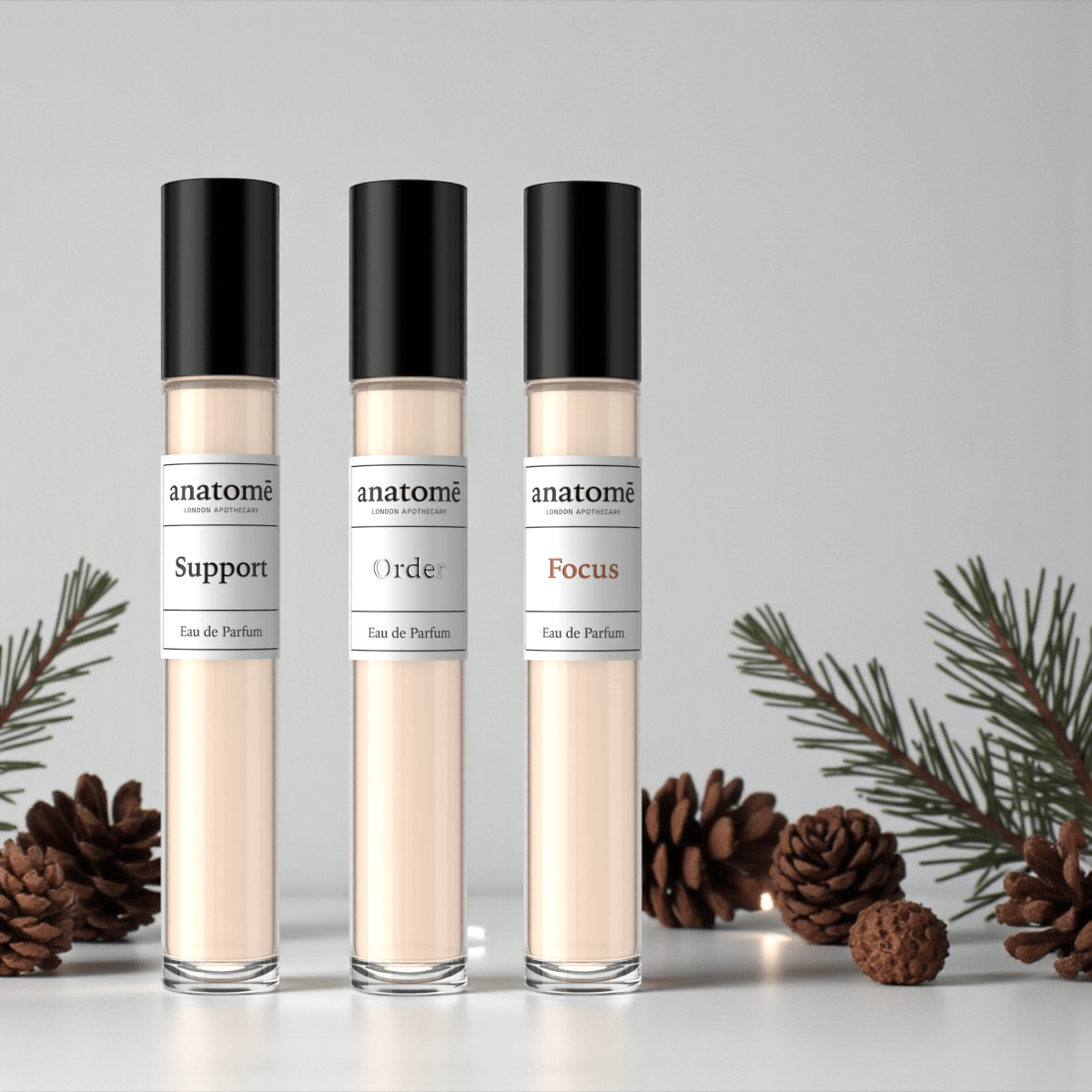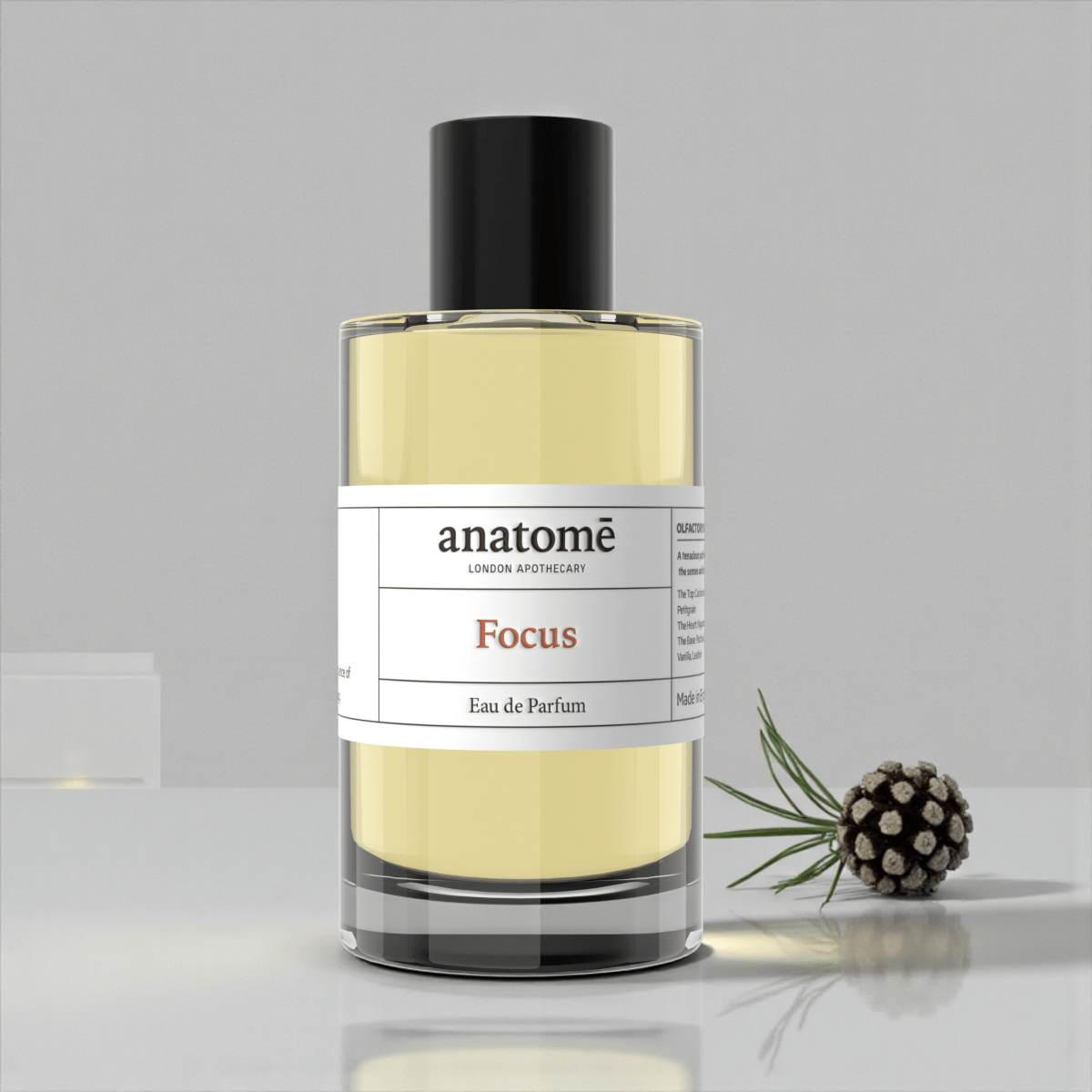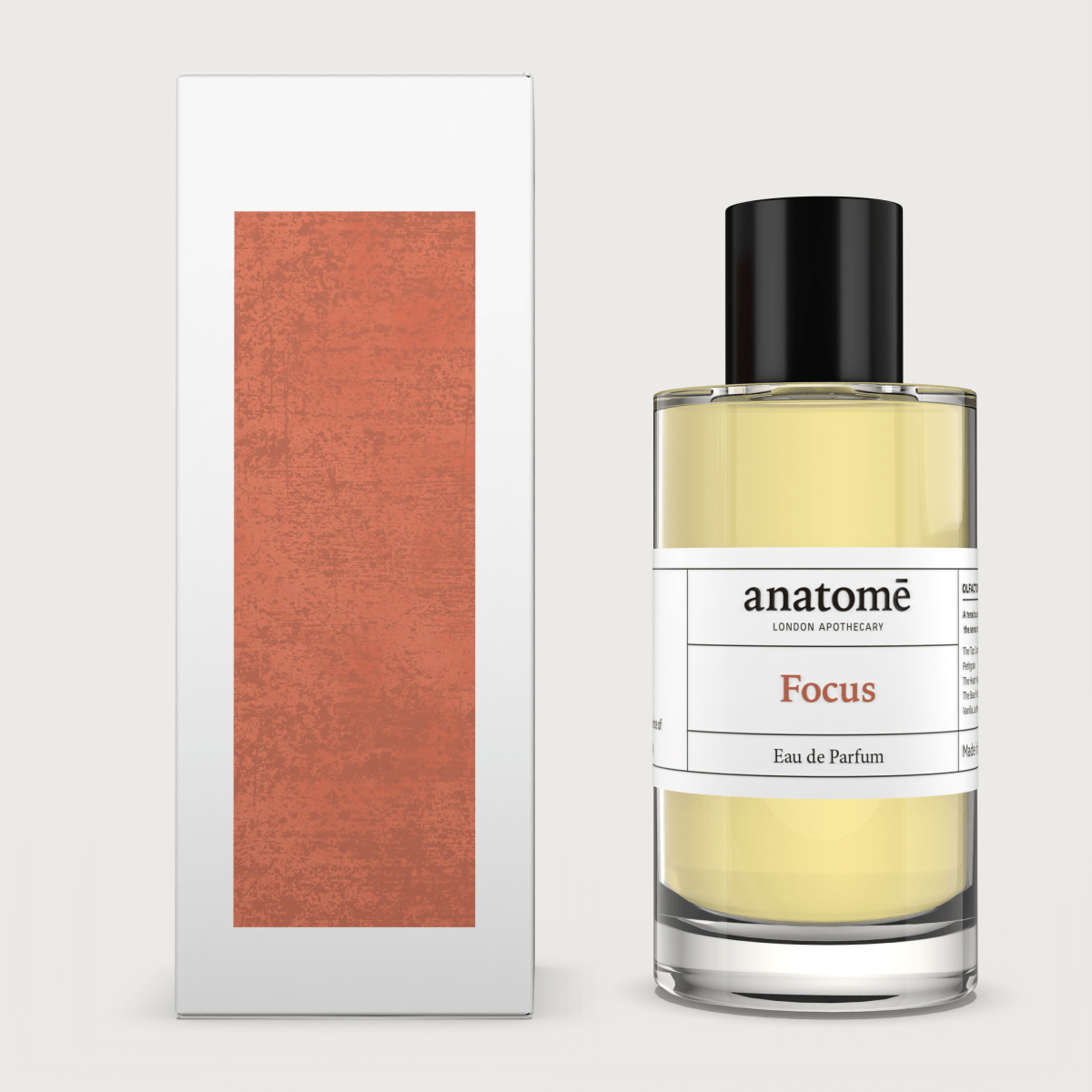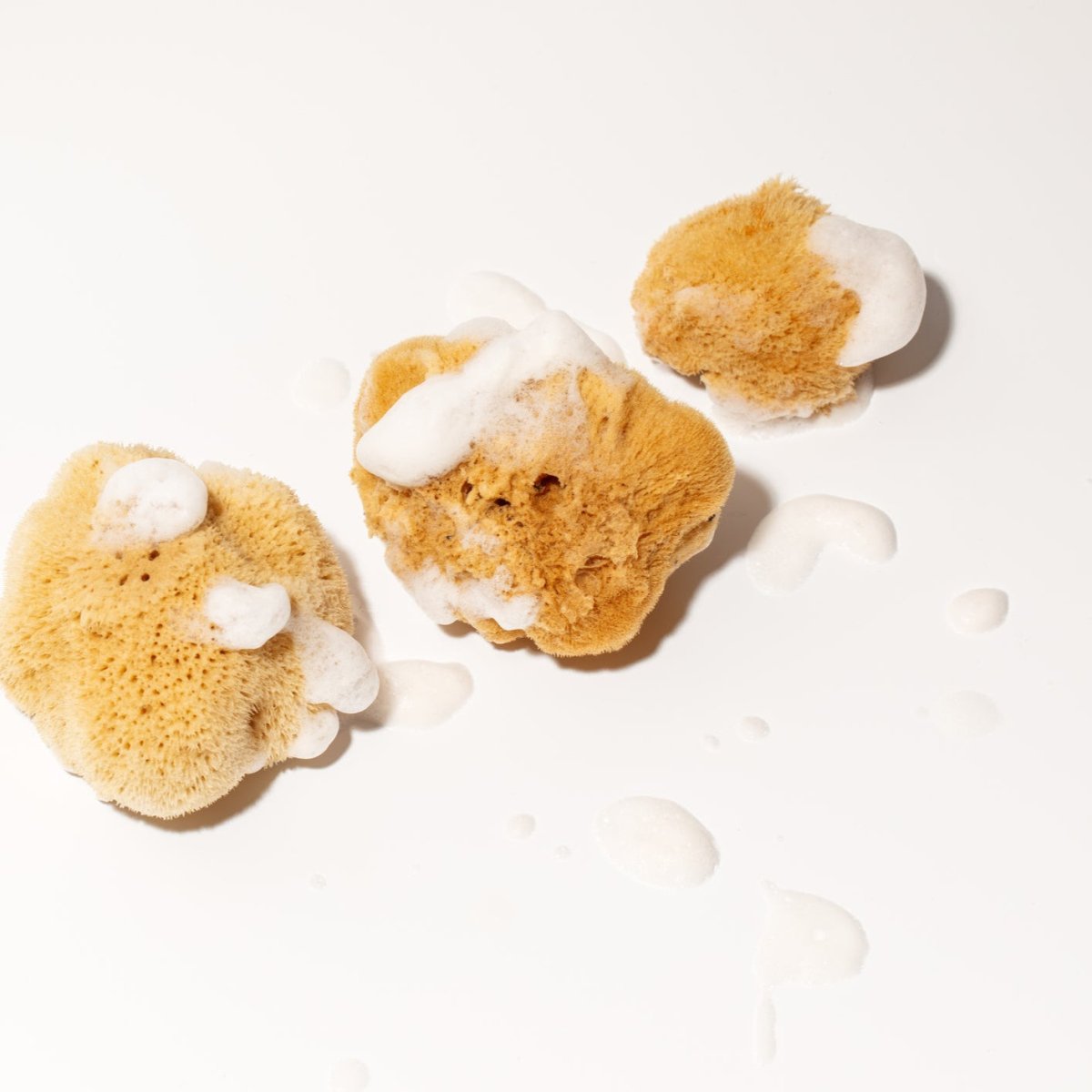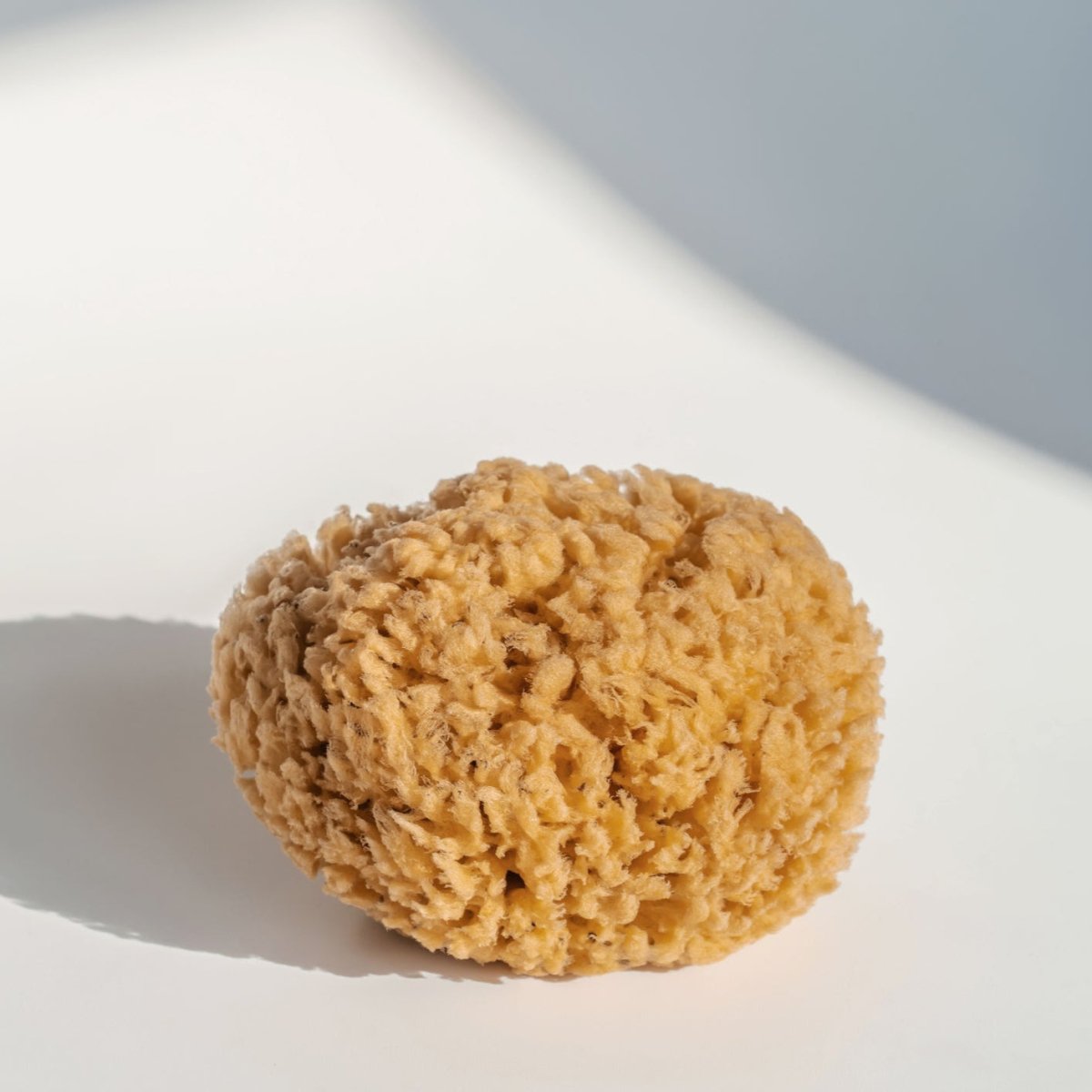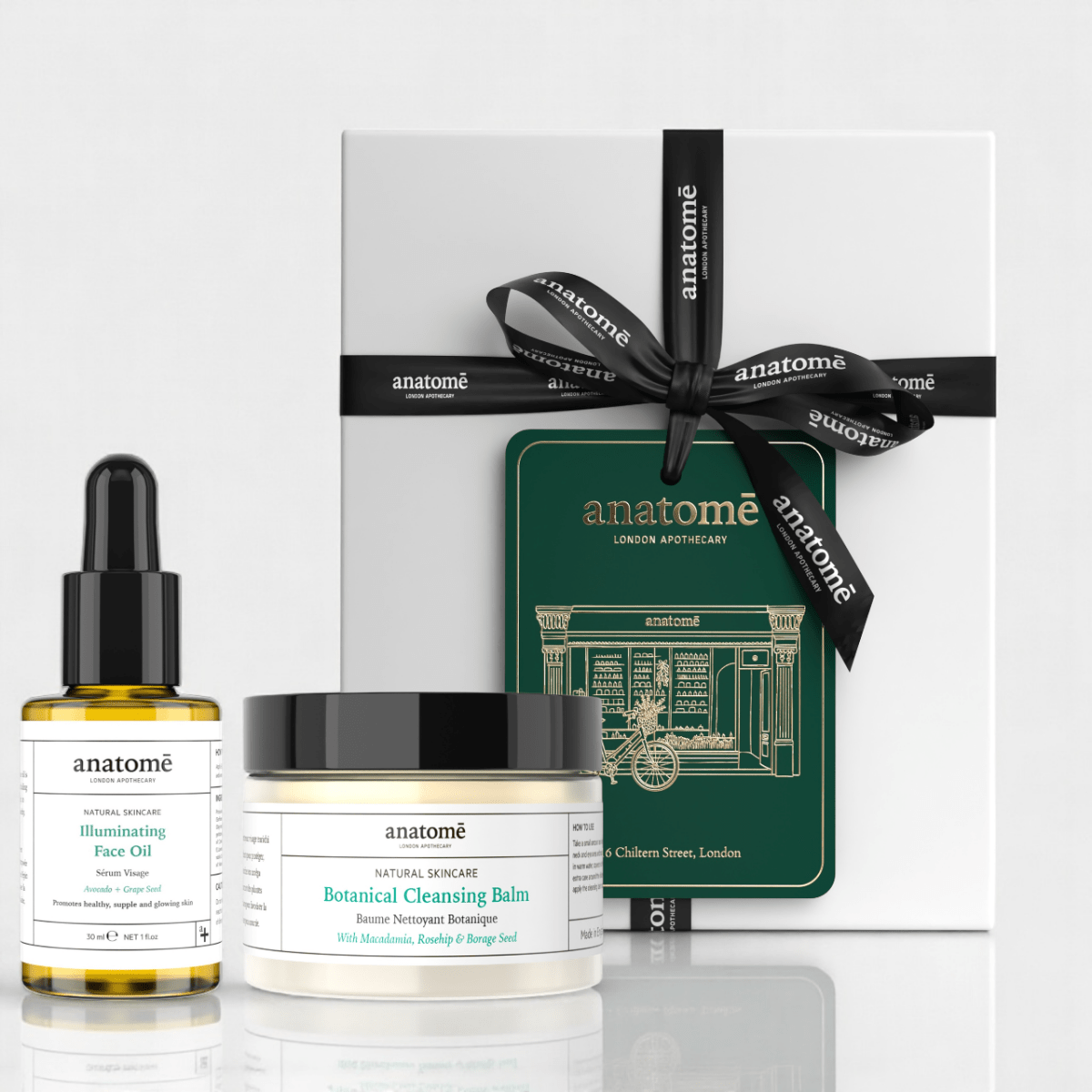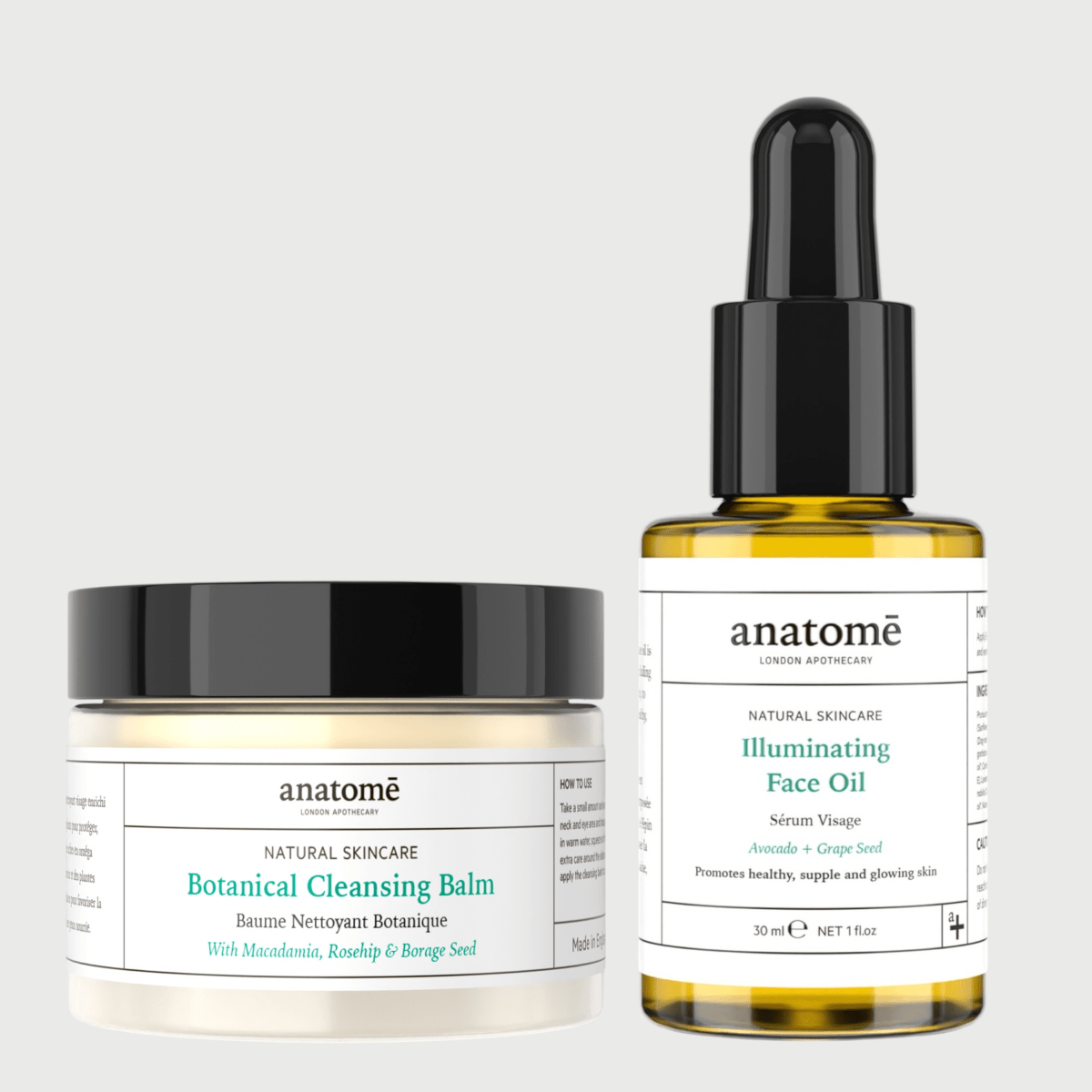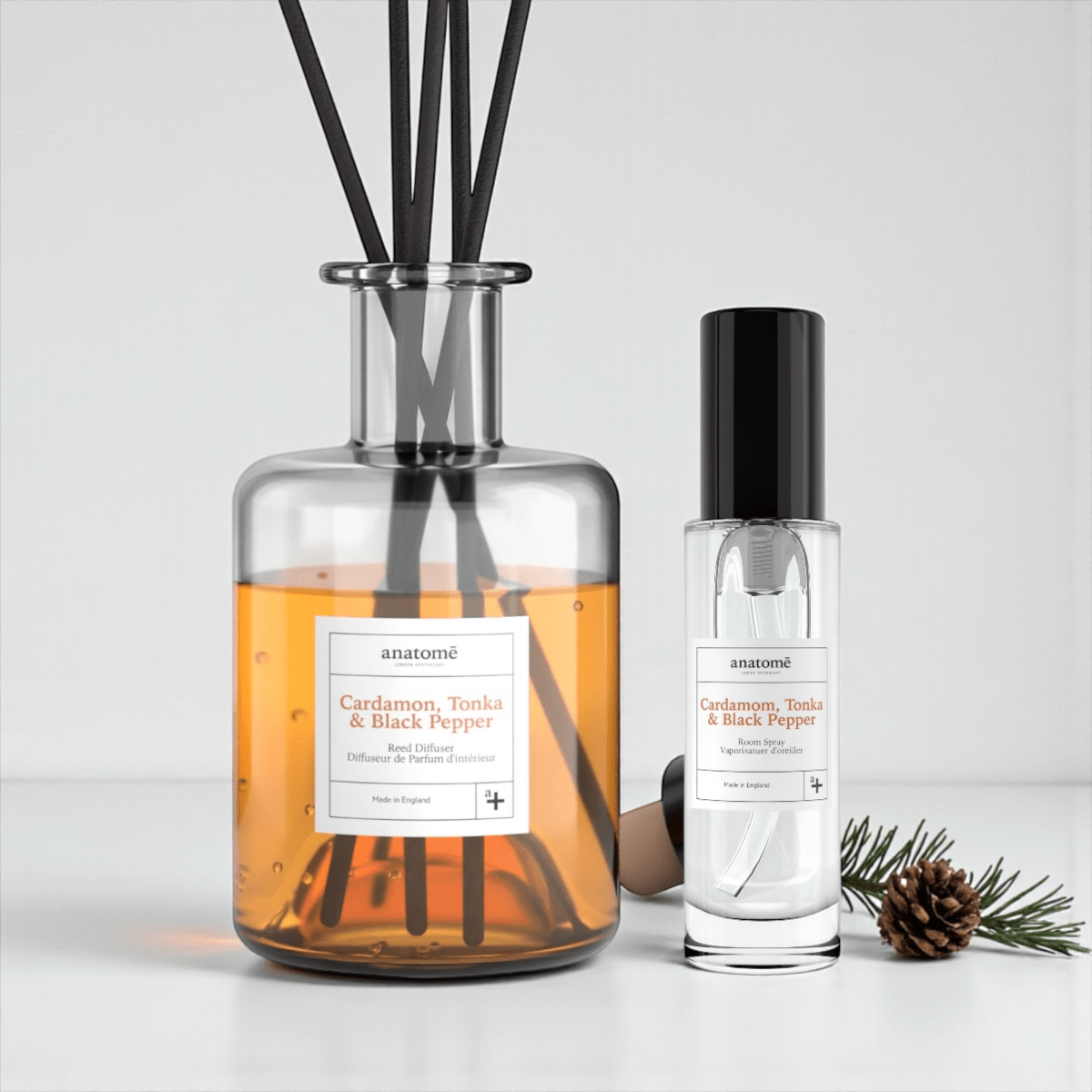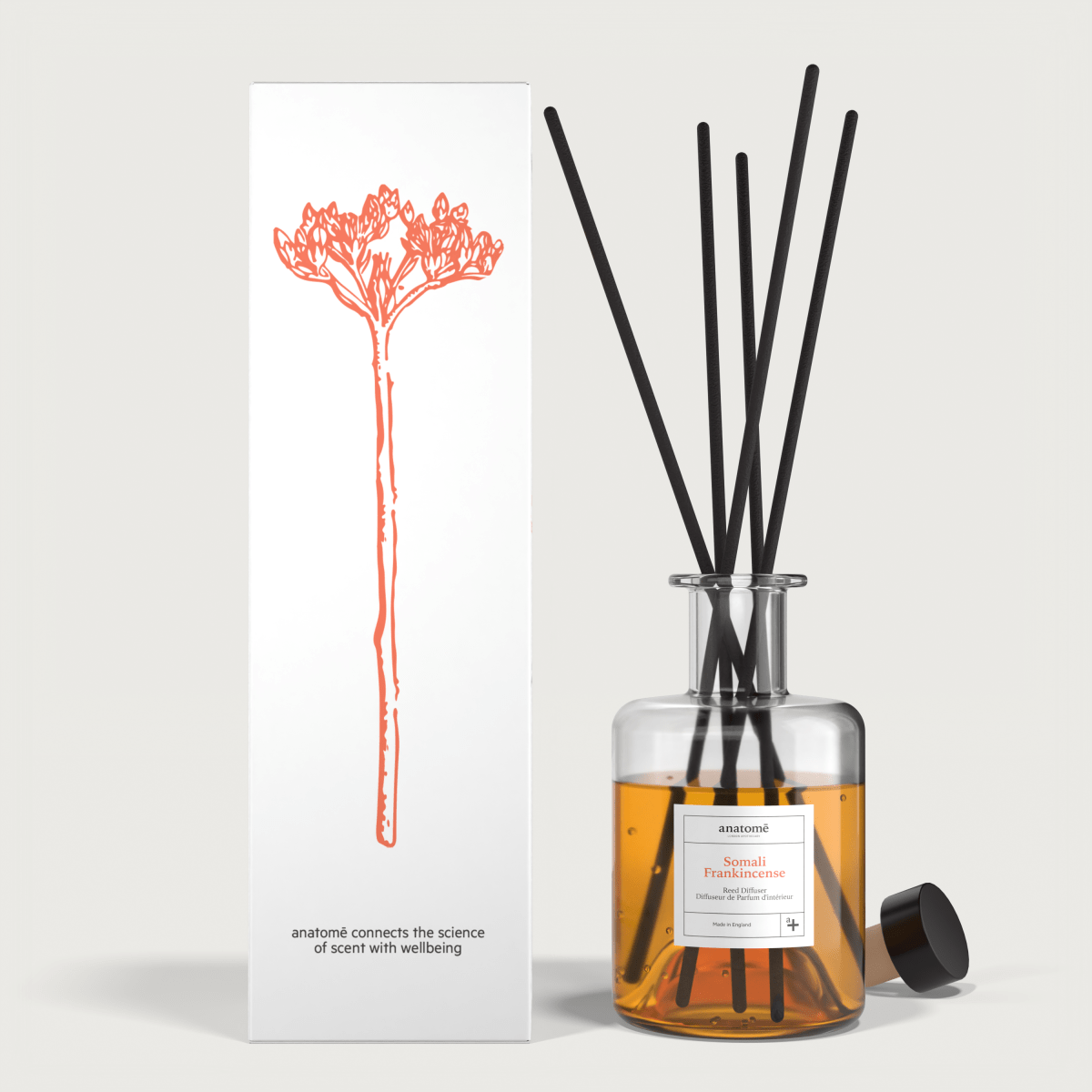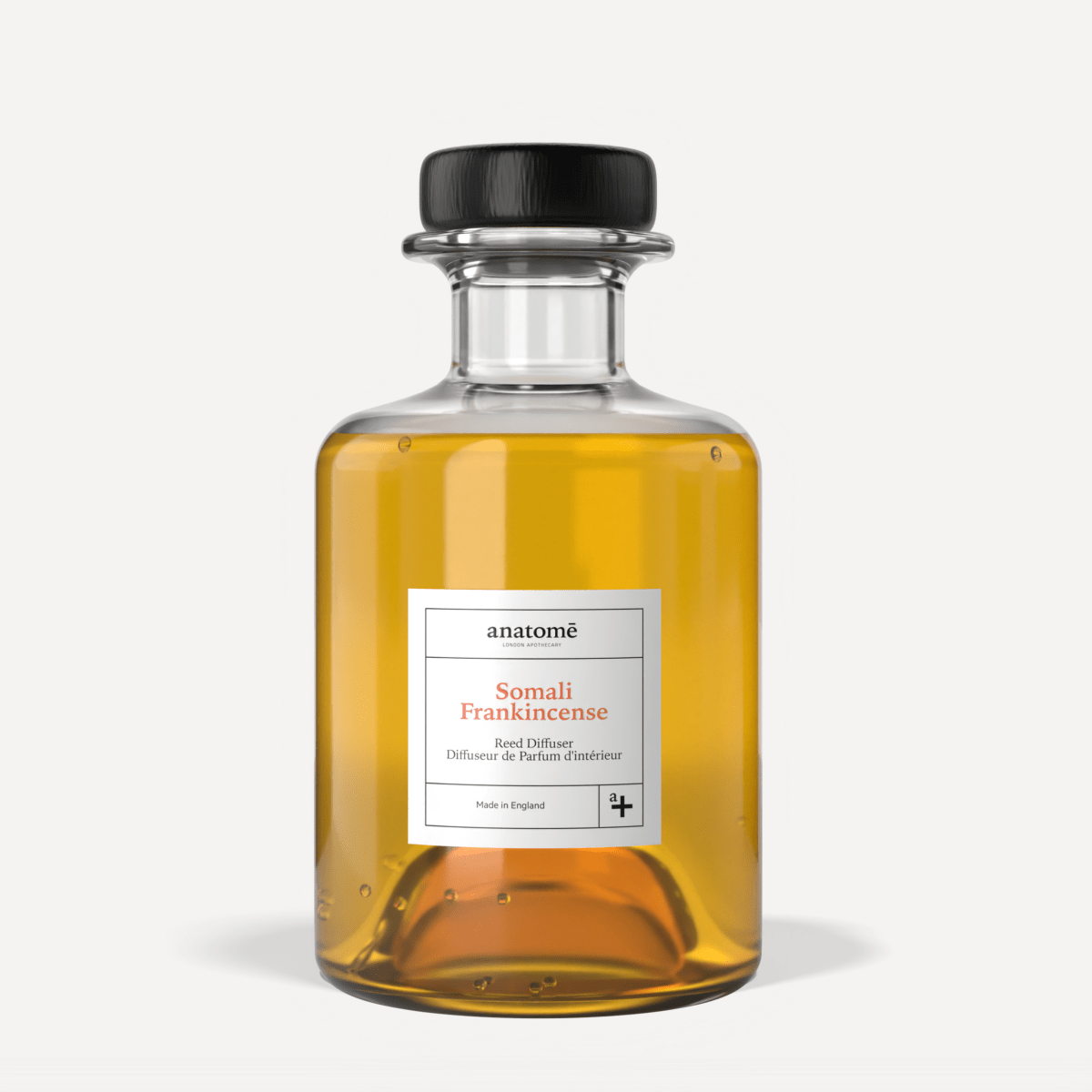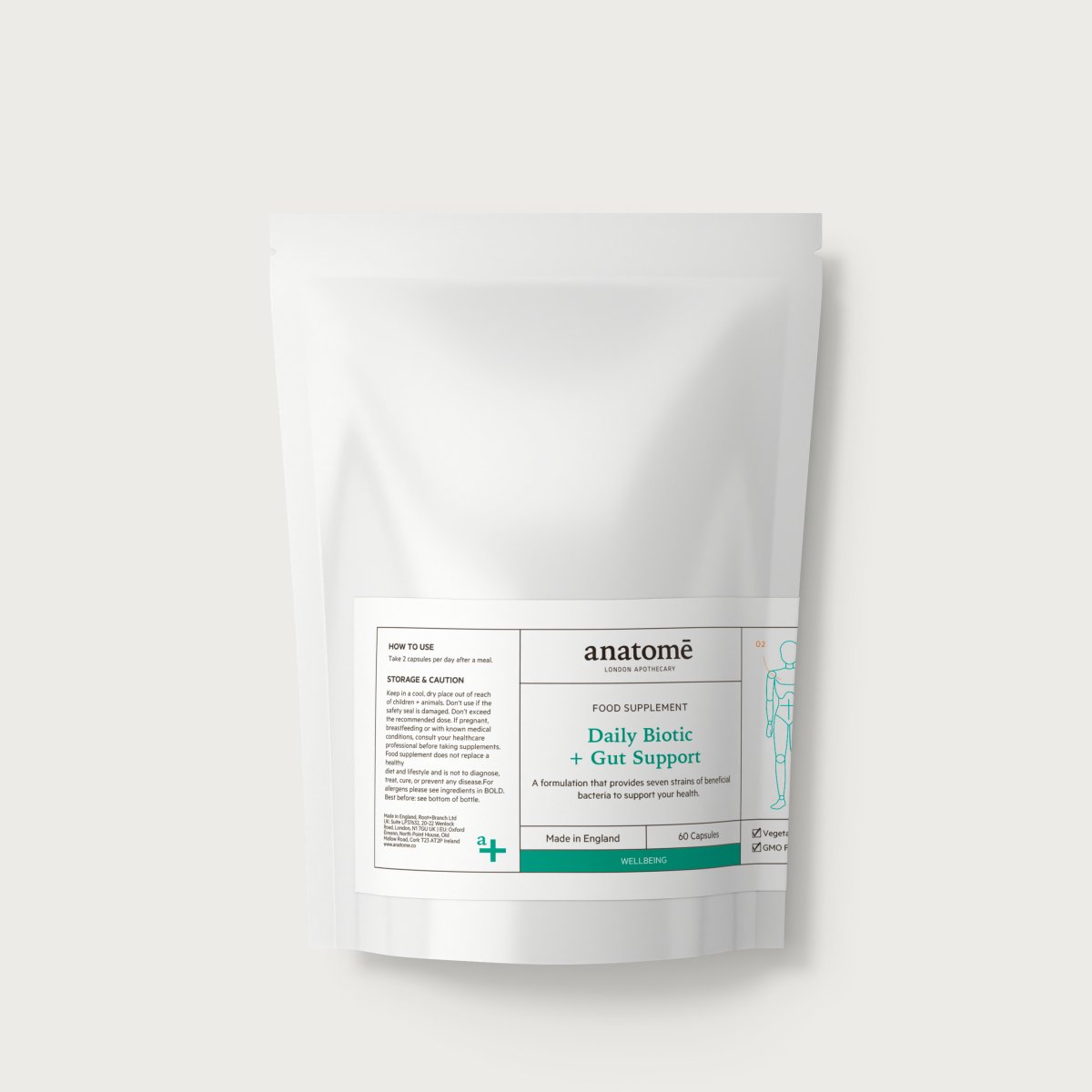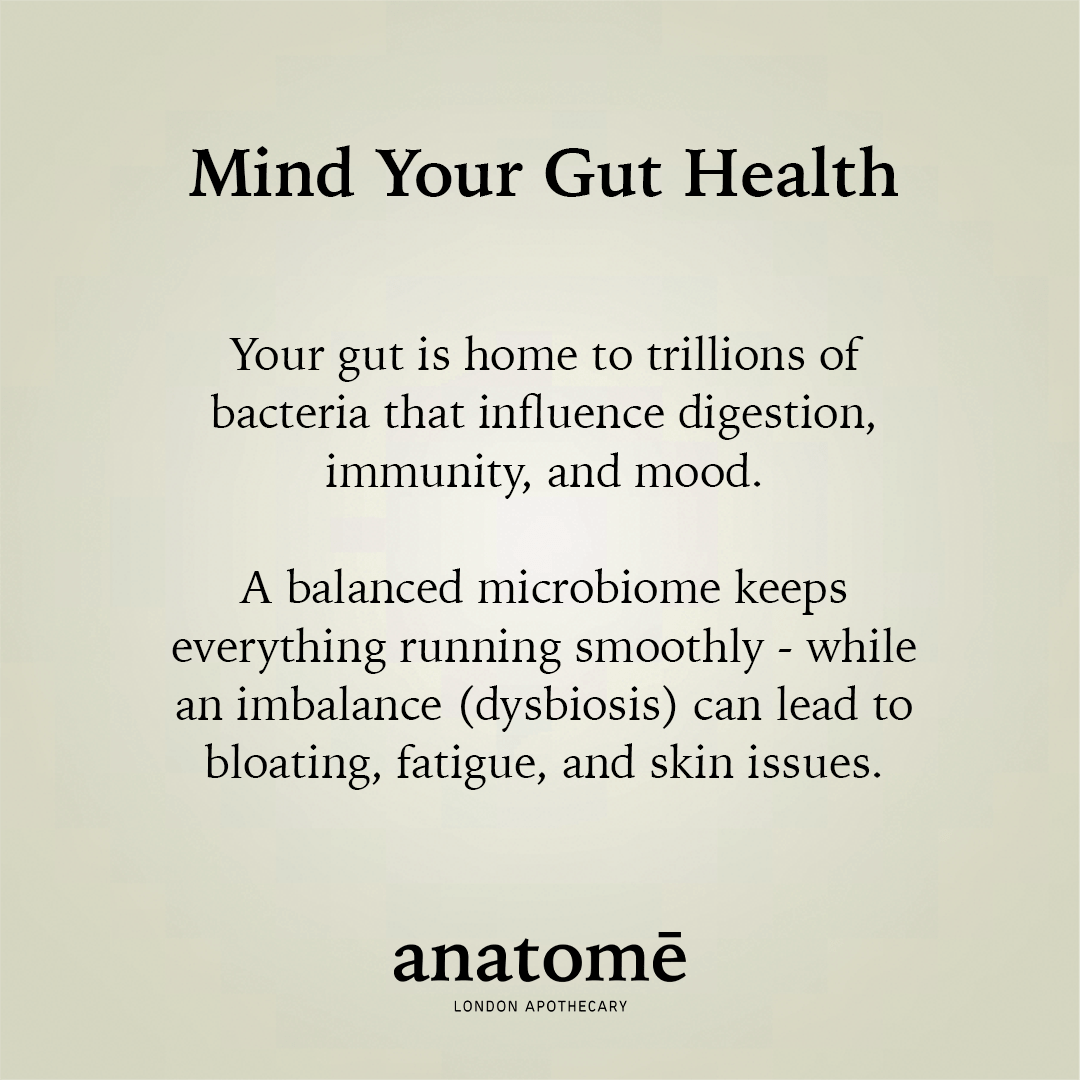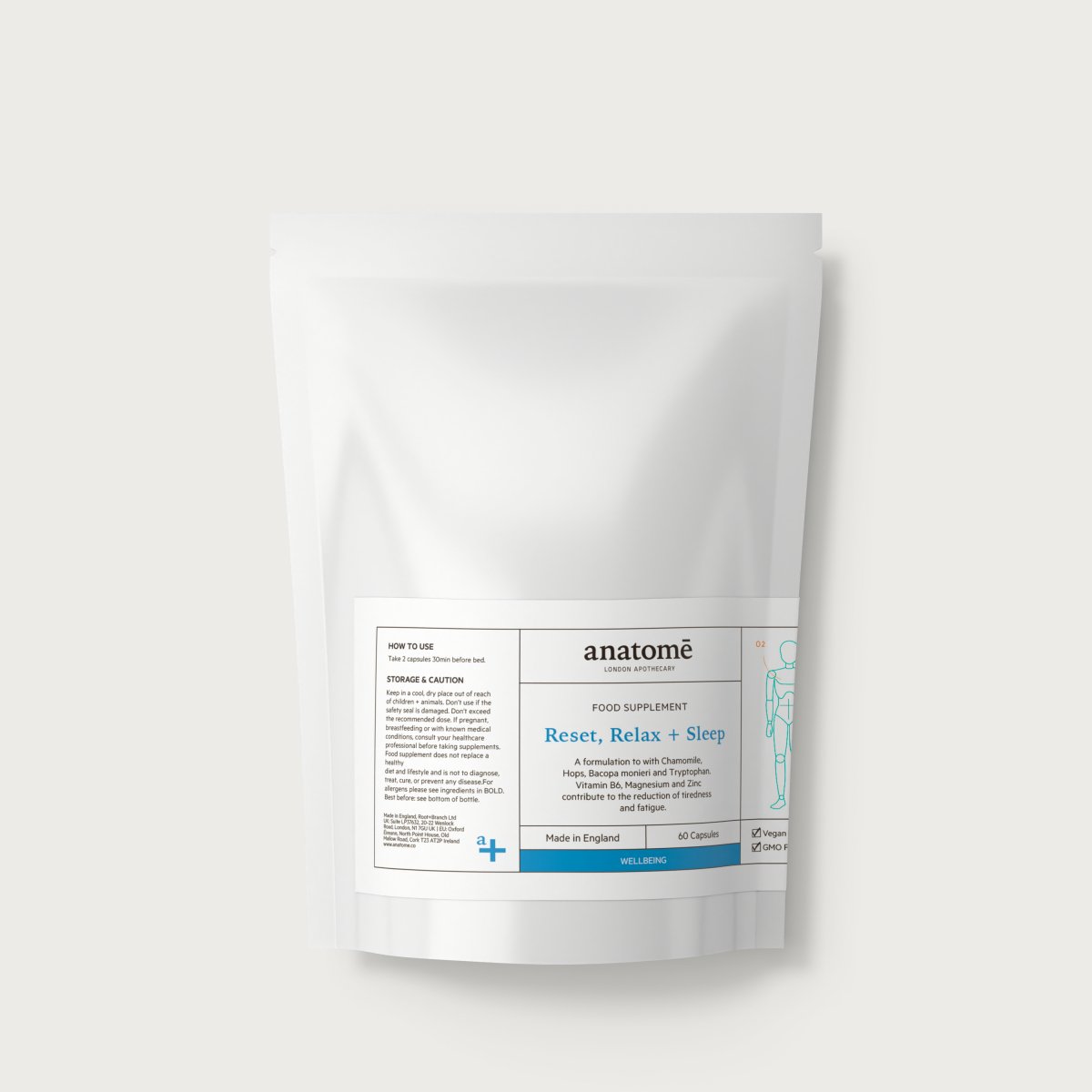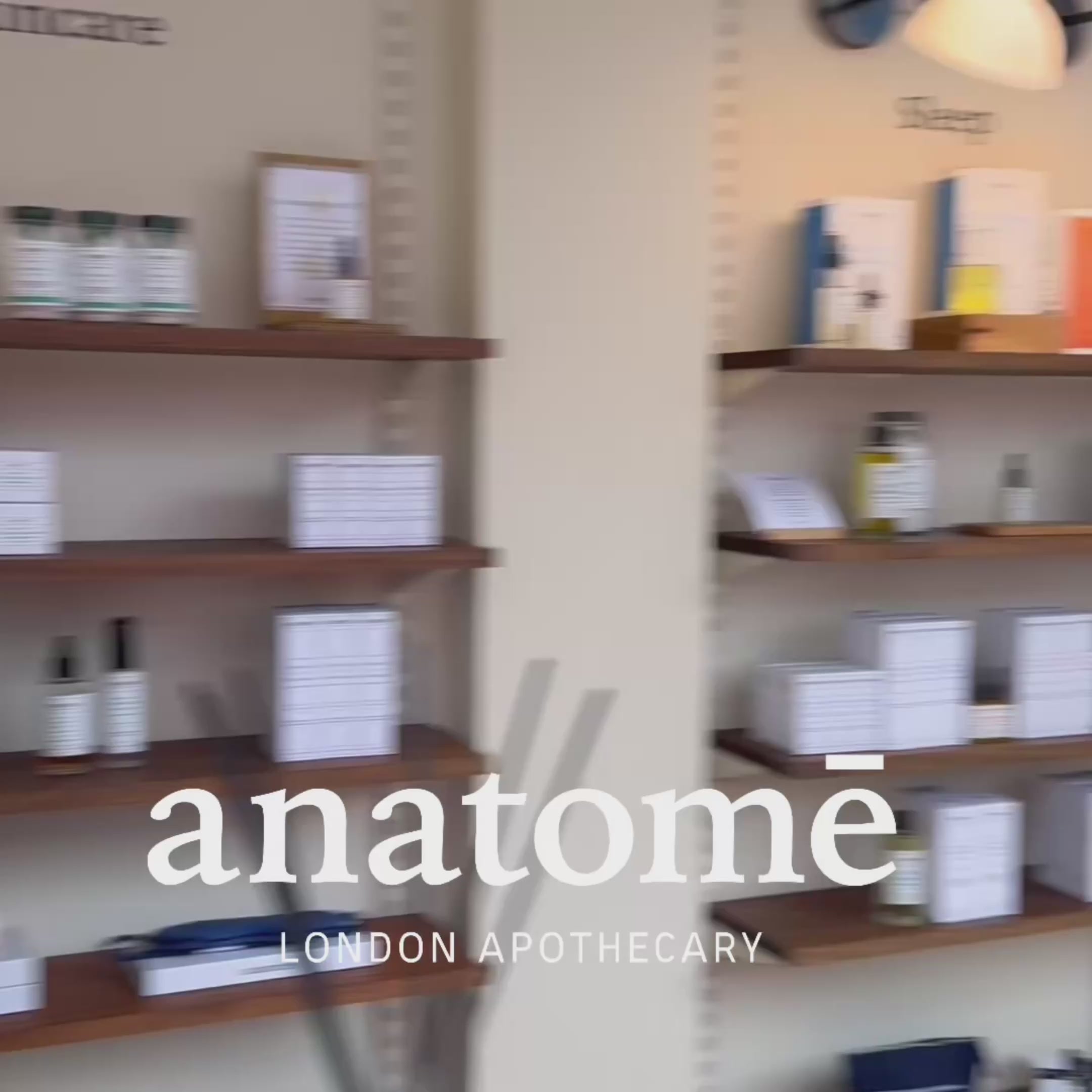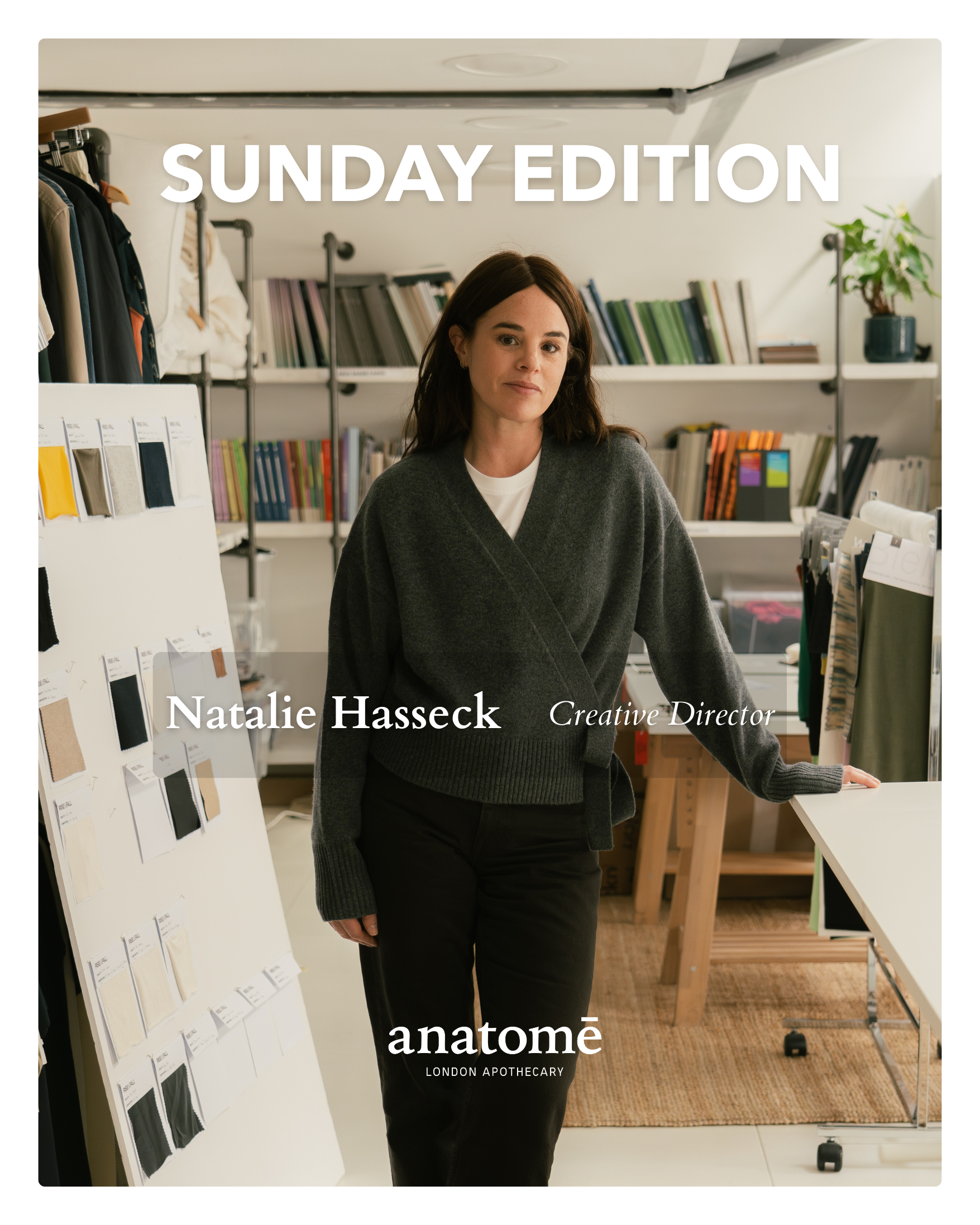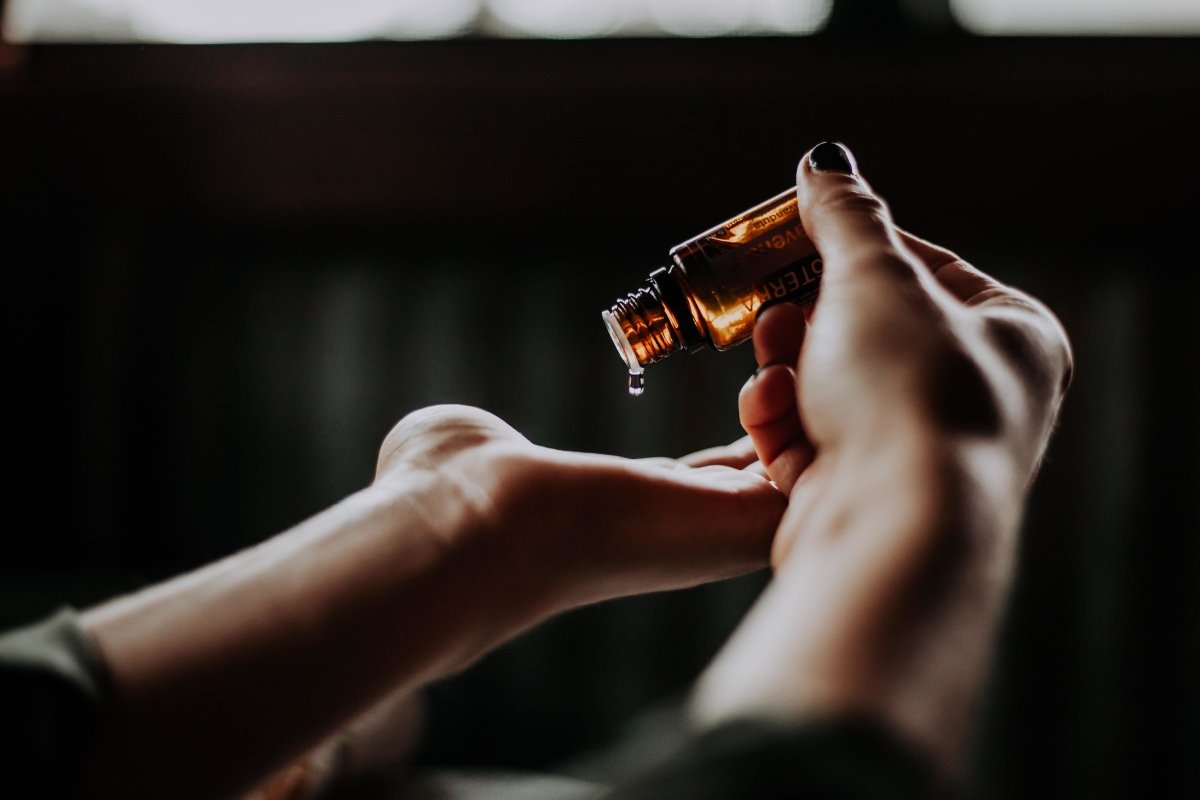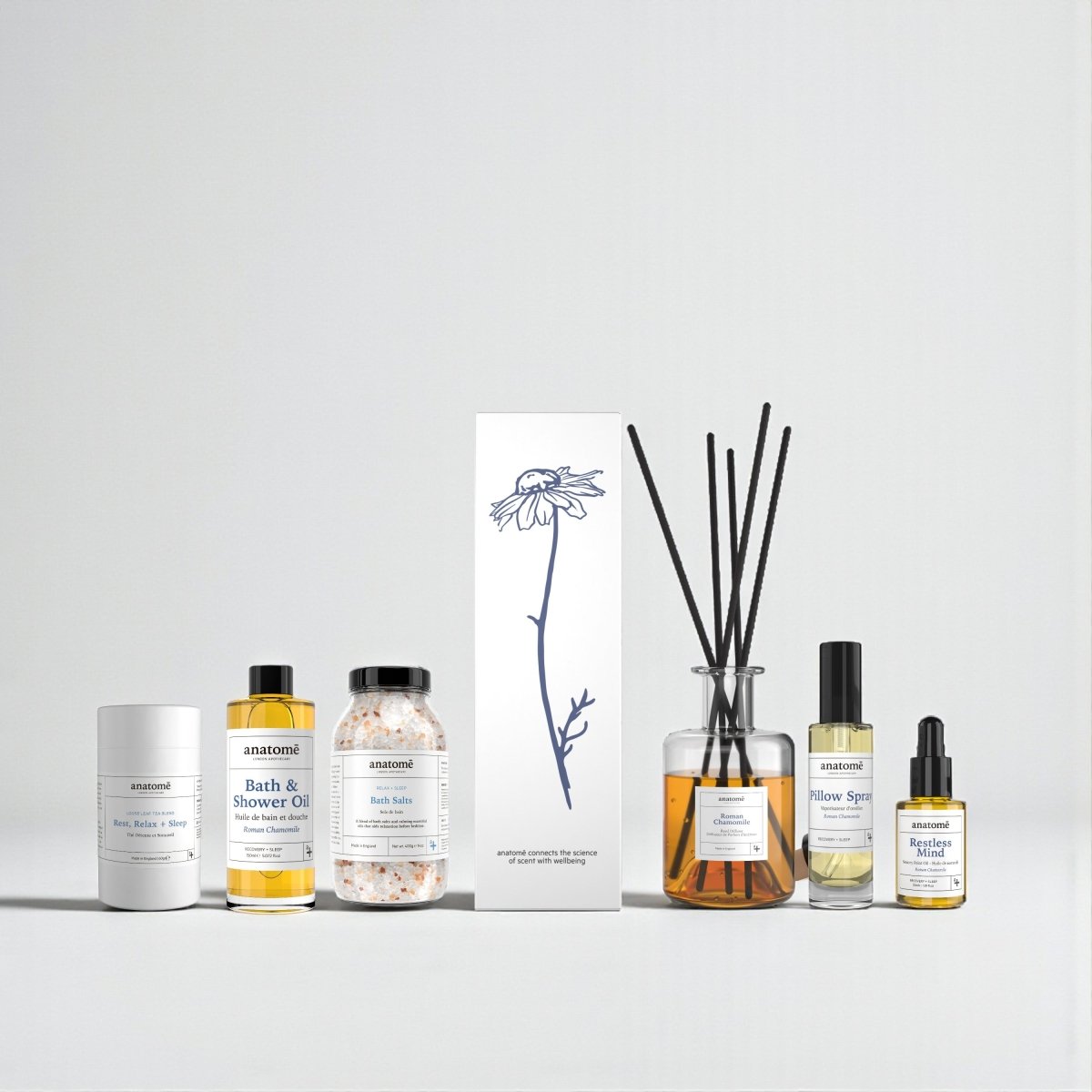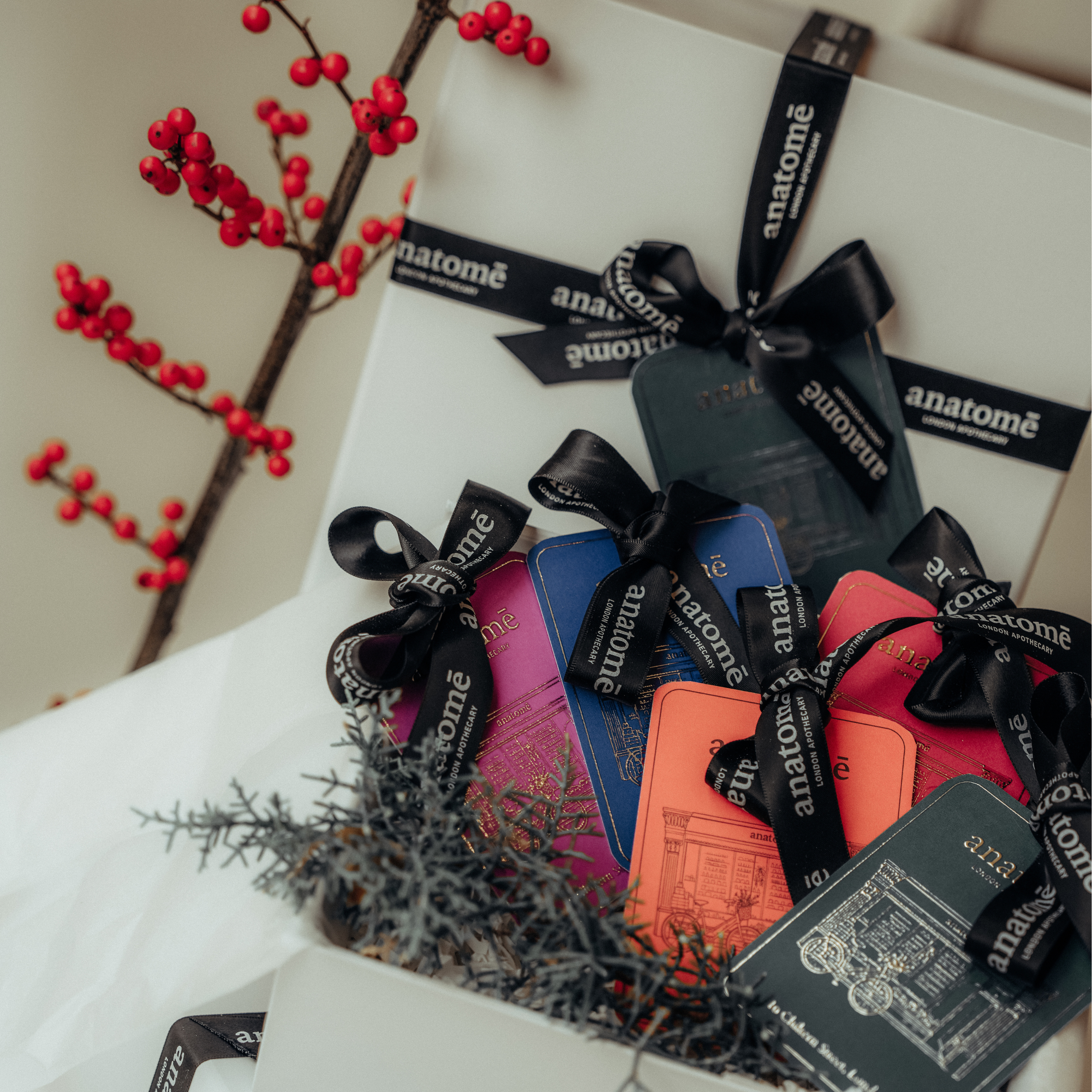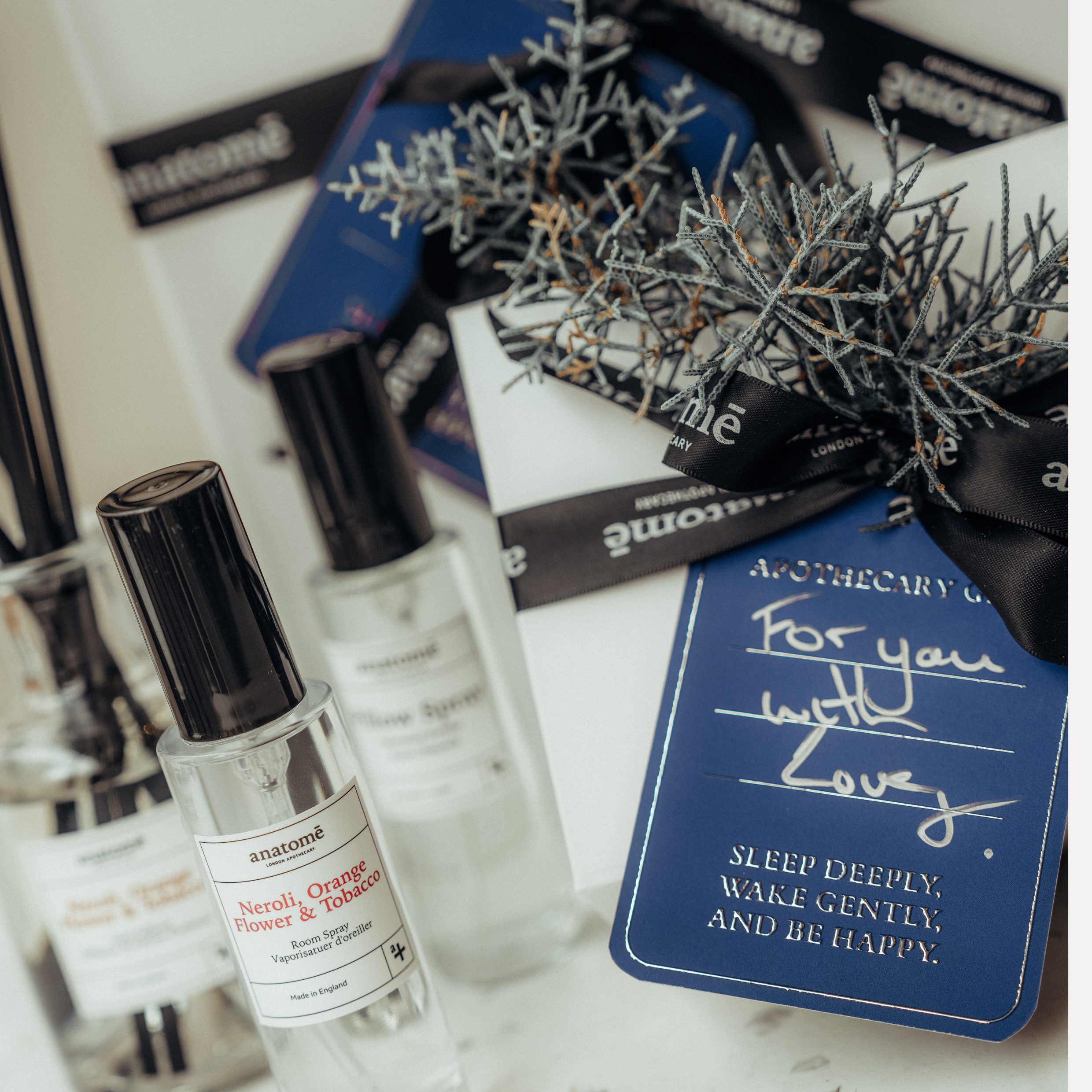Organic vs non-organic isn’t as clear cut as you might think. Since essential oils are highly concentrated compounds extracted from plants, it would make sense that if pesticides are used on the plants, the chemicals could be found in the oils. While organic ingredients are important for the environment and with ingredients that interact directly with you, like skincare or food, when it comes to essential oils, organic isn’t really as important.
Production Method
For essential oils, the key is in how they are distilled. There are a few ways to make essential oils, but the most common way is to use steam distillation. It is a process where the steam breaks down plant material to remove its volatile compounds. The essential oil-rich water vapor is cooled and condensed into water. Since oil and water don’t mix, the essential oils pool on the water’s surface, where they’re skimmed off. Steam can only carry tiny particles and essential oils happen to have some of the smallest molecules in nature, while pesticide molecules are much larger and heavier. Pesticides don’t do very well in extreme temperatures and often begin to break down in the conditions of a distiller.
Use of pesticides
Another challenge with organic essential oils is the geographical location. In some growing locations, they are still facing challenges to implement organic growing practices.Essential oils are typically grown in places where organic certification is expensive and difficult to achieve, so even if farmers choose to not use pesticides, they’re unlikely to have the certification of an organic farm. However, even if a grower is using pesticides, a German analysis looking at nearly 600 samples of 28 different essential oils, 64% of distilled essential oils showed no sign of pesticide residues. Among those that did, only a tiny amount, just 0.17%, exceeded exposure levels considered safe by European health organisations (1). Which means that you don’t have to worry about contamination from pesticides even if the essential oil isn’t organically grown.

The importance of provenance
The more important aspect for essential oils is their geographical location, or provenance. The quality of the essential oil is directly linked with the land it’s grown on. Soil, climate and hydration all have a huge impact on components found in essential oils, which shape the fragrance and the compounds you will find in each essential oil, much like you would expect from a fine wine.
If we look at English Lavender, it’s much grassier in its scent than its more floral counterpart, Provencal Lavender. Additionally, we source our Frankincense from Somalia because it has the highest concentration of terpenes, a naturally occurring compound that makes Frankincense such a powerful botanical. Another example of this is Japanese Seaweed, one study found that elderly citizens in a small village in Okinawa slept exceptionally well for their age due to the seaweed that they ate (2). We source our Seaweed from Japan since the compounds that had an impact on those citizens will also be found in our essential oils. It is significantly more important that the essential oils contain the right properties to make them beneficial than it is for them to be organic.
Essential oils are one of the few places where you don’t have to worry about organic or non-organic growing practices due to the way they are distilled. However, it is always good to use organic products for ingredients that come into direct contact with your skin, which is why our skincare range contains only organic essential oils. Organic farming is better for the environment and is generally more beneficial, though with essential oils, there is no need to worry about you coming into contact with dangerous pesticides.
References:
1. https://www.ncbi.nlm.nih.gov/pubmed/26830163
2. https://onlinelibrary.wiley.com/doi/full/10.1046/j.1440-1819.2002.01014.x

